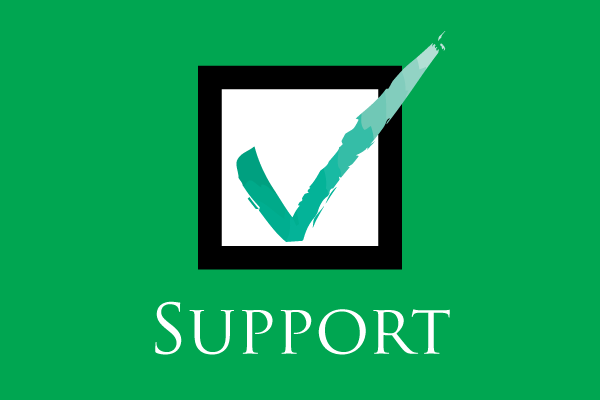
Both houses of the Legislature last week approved California Chamber of Commerce-supported bills that will help ease the state’s housing crisis.
Moving from the Assembly to the Senate on May 31 was a bill to spur housing development, AB 3194 (Daly; D-Anaheim). The bill encourages much-needed residential housing construction in California by closing two loopholes often used by local governments to deny extending the protections of the Housing Accountability Act.
Passing from the Senate to the Assembly on May 30 were:
• SB 828 (Wiener; D-San Francisco), which improves assessment of state housing needs. The bill strengthens the Regional Housing Needs Assessment (RHNA) by increasing state-level oversight over local and regional housing obligations.
• SB 831 (Wieckowski; D-Fremont), streamlining permitting for new accessory dwelling units (ADUs), also known as granny or in-law units. The bill promotes affordable housing by requiring local agencies to waive permitting fees typically charged for new ADUs and streamlines the ADU permitting process by requiring local agencies to decide on any new ADU application within 60 days or else the application is automatically approved.
Housing Crisis
California is in the depths of a severe housing crisis both in terms of supply and affordability. The supply/demand imbalance in housing is driving up the cost of housing for every income level. California needs to nearly double the number of units that are being built today—a minimum of 100,000 more new housing units per year—to keep pace with demand and to lower prices.
With the median home price at $529,000 and the average rent for a vacant apartment at $2,426, only 29% of California households earn enough to afford the median-priced single-family home, and more than a quarter of the state’s renters are paying more than 50% of their income on housing needs.
Increasing Supply
The primary way to address the housing crisis is by increasing supply, by building housing of every kind throughout the state.
AB 3194 will increase housing supply by reducing the number of housing projects to be rejected for spurious reasons. Currently, local governments find loopholes in law to avoid extending the protections of the Housing Accountability Act to housing projects.
AB 3194 closes two such loopholes—the “health and safety” and “zoning” loopholes. By making it more difficult for local jurisdictions to reject housing projects, AB 3194 will encourage housing production.
By closing loopholes, AB 3194 will help simplify and expedite housing project approvals, eliminating a considerable barrier to housing creation at the local level.
SB 828 is a step forward in dealing with the many years in which California produced less new housing than needed to keep up with demand. Its requirements will allow for a healthy land supply, which ultimately will bring down land costs for homebuilders.
SB 831 is a commonsense approach to incentivize and increase the supply of ADUs across California.
Adding to the supply of housing in the state will have a positive impact on California’s economic growth, productivity and standards of living.

